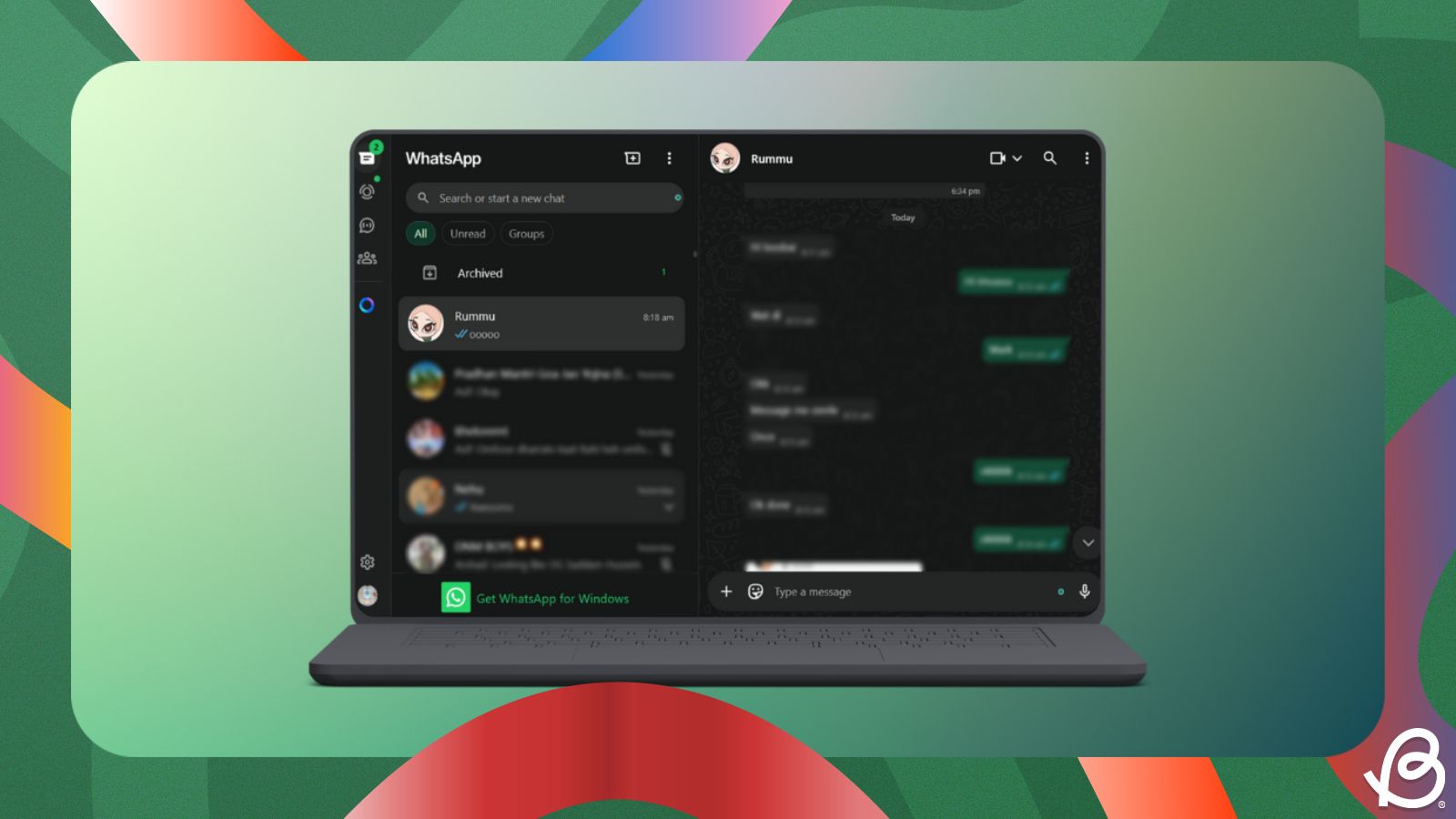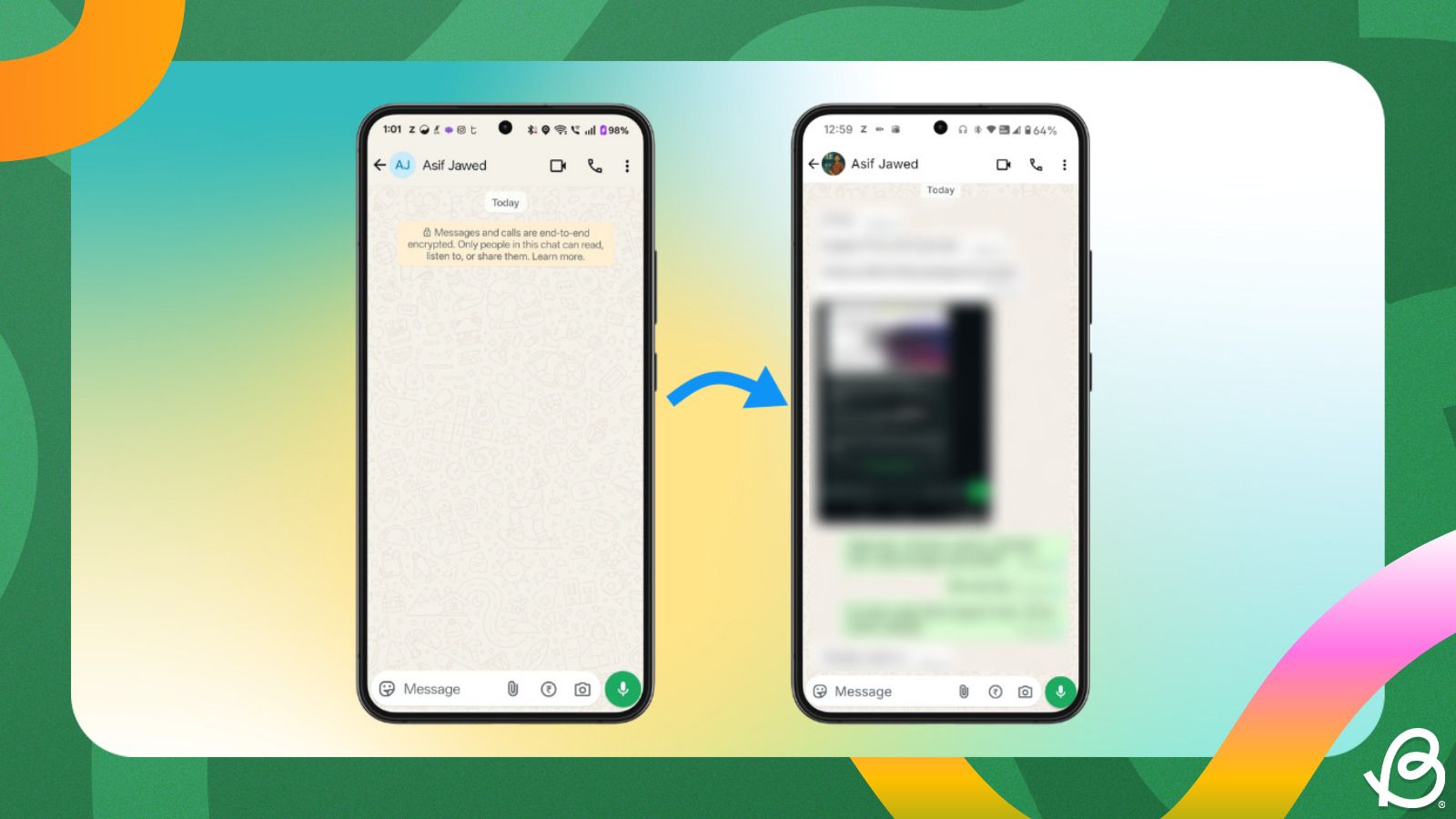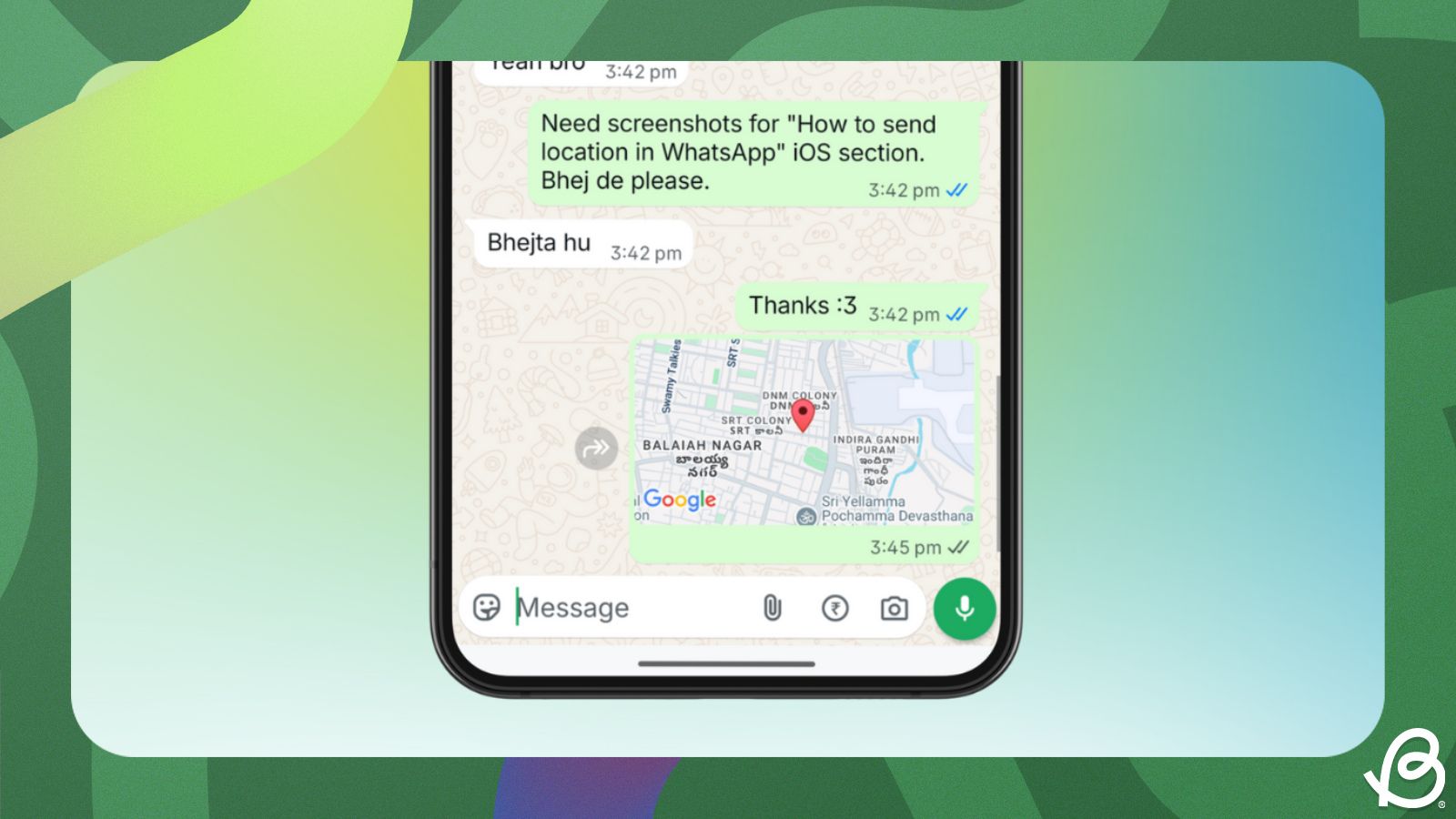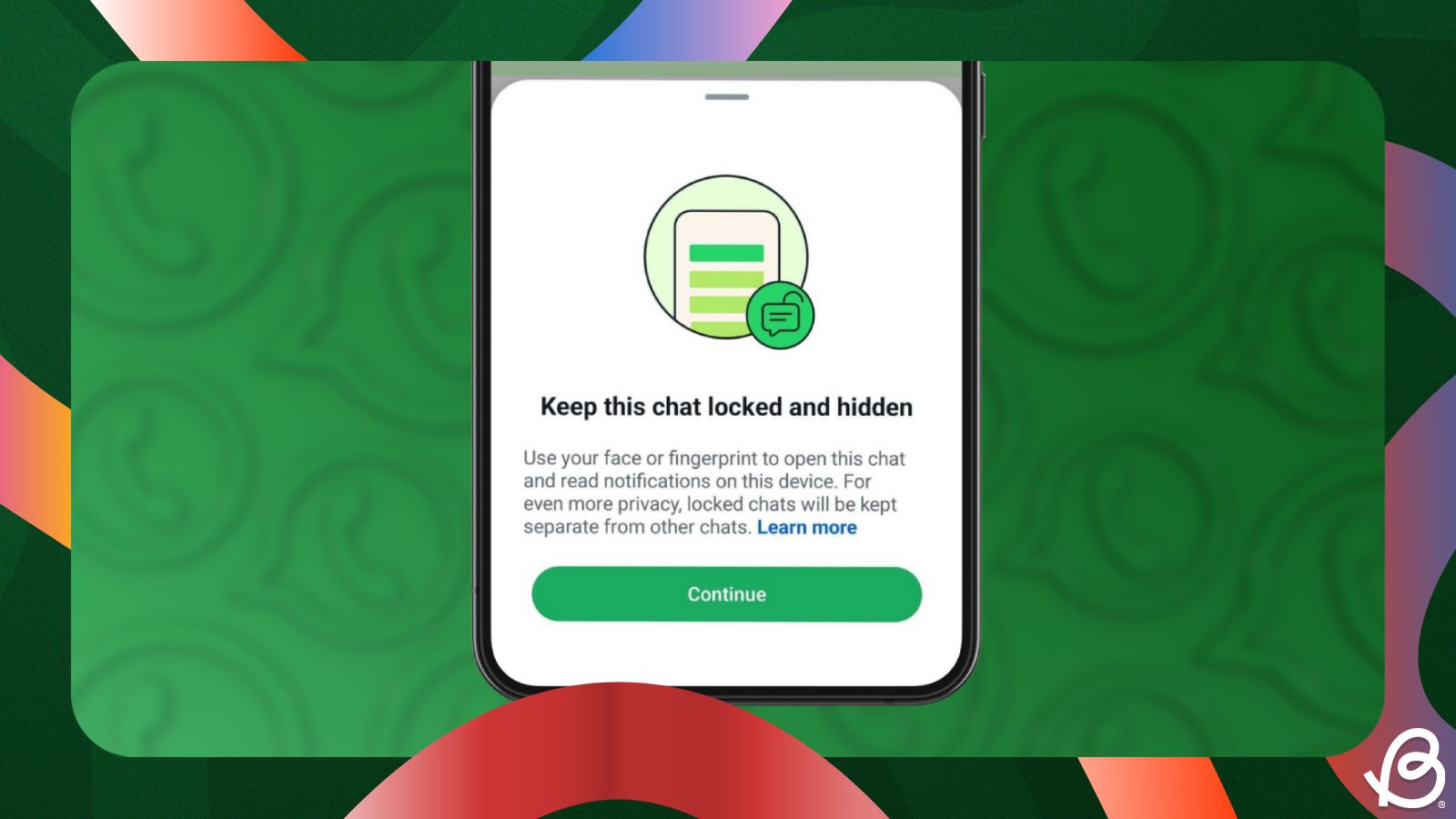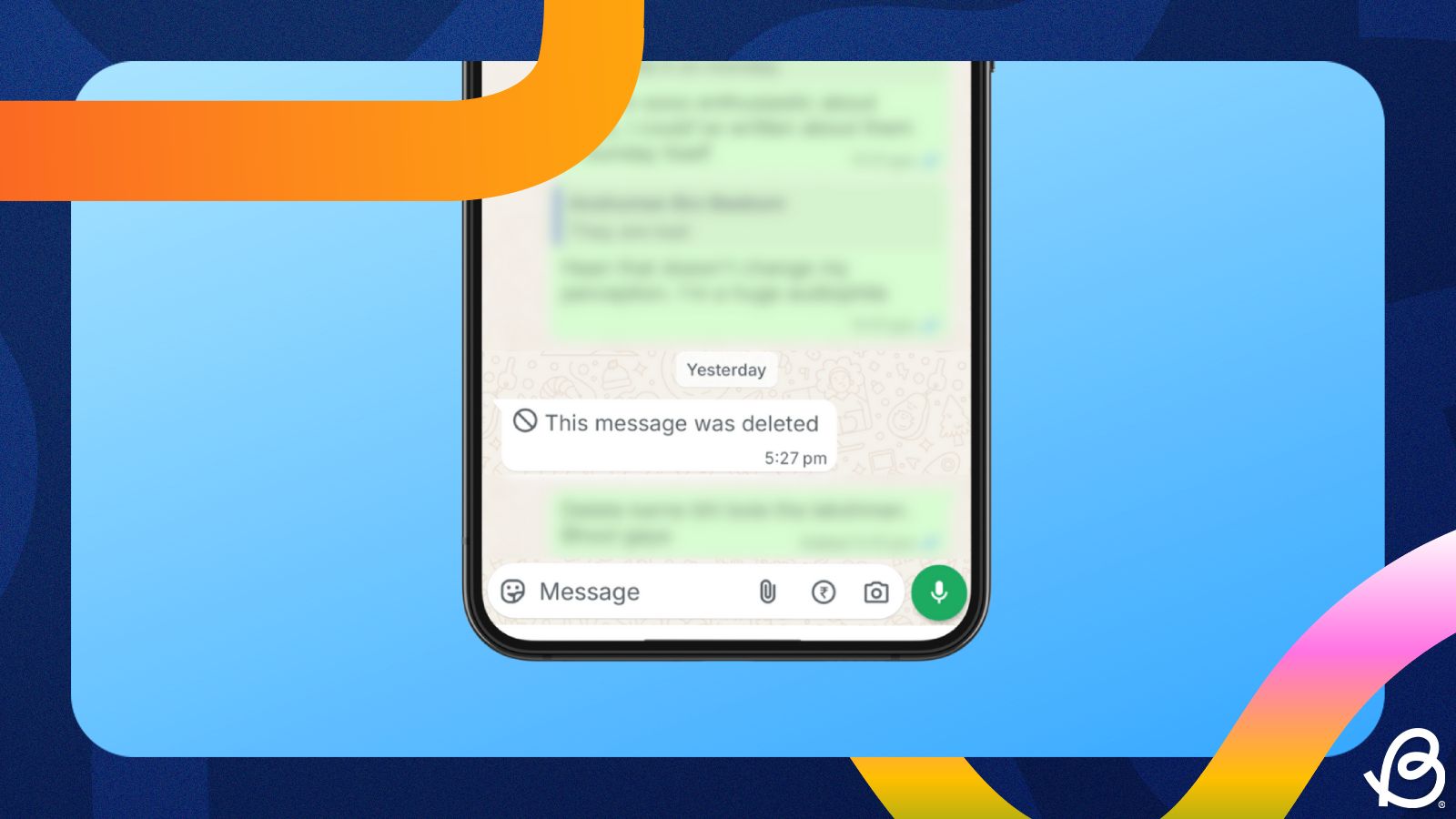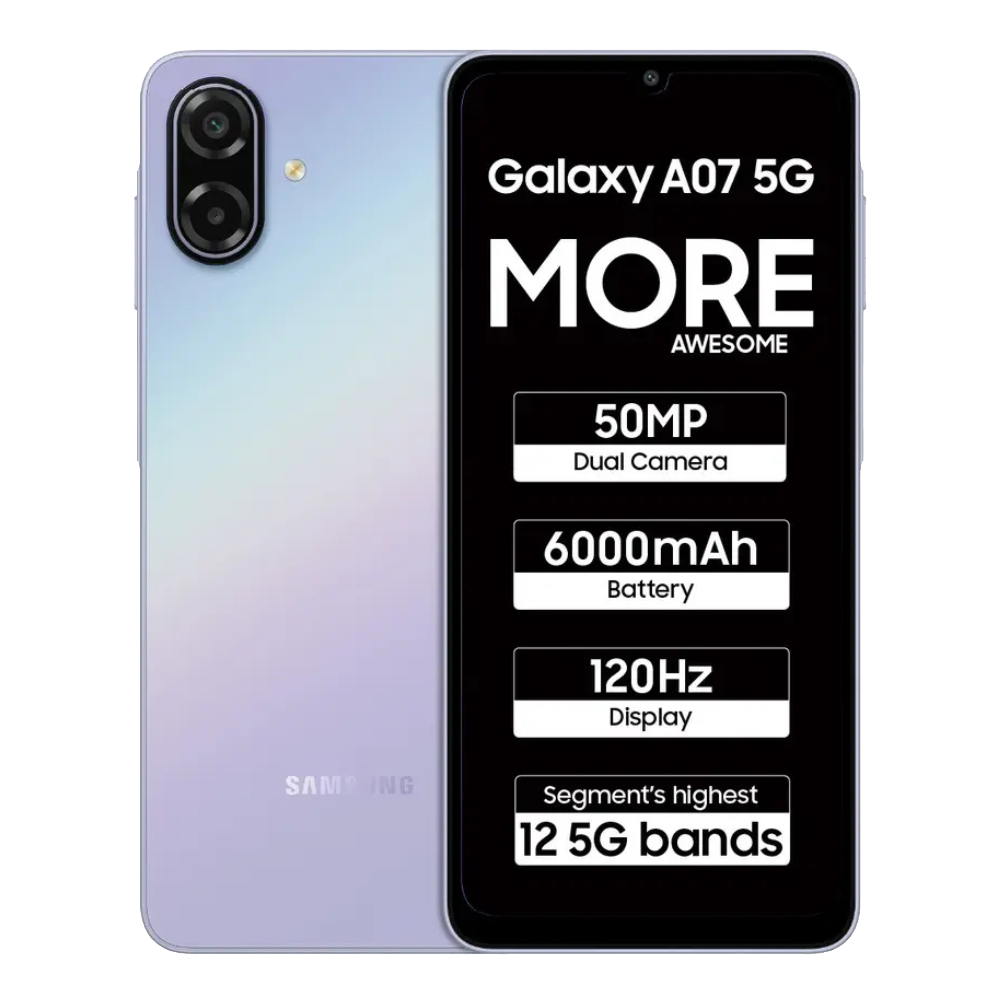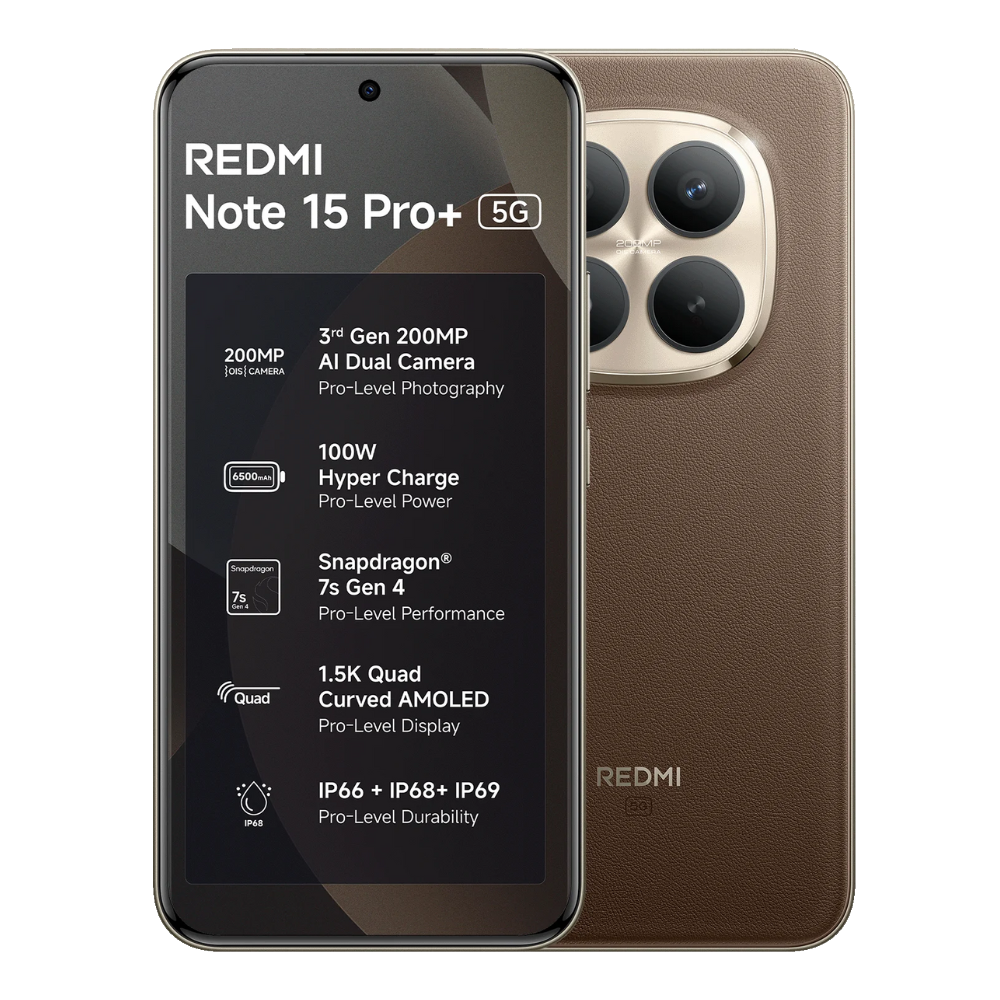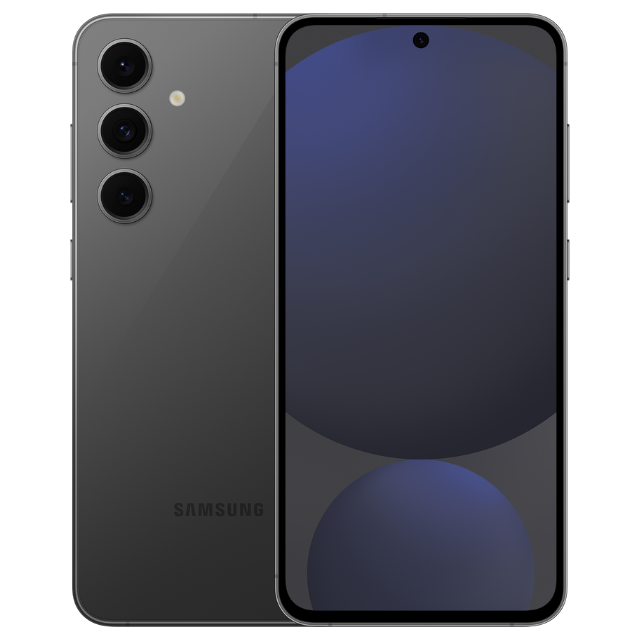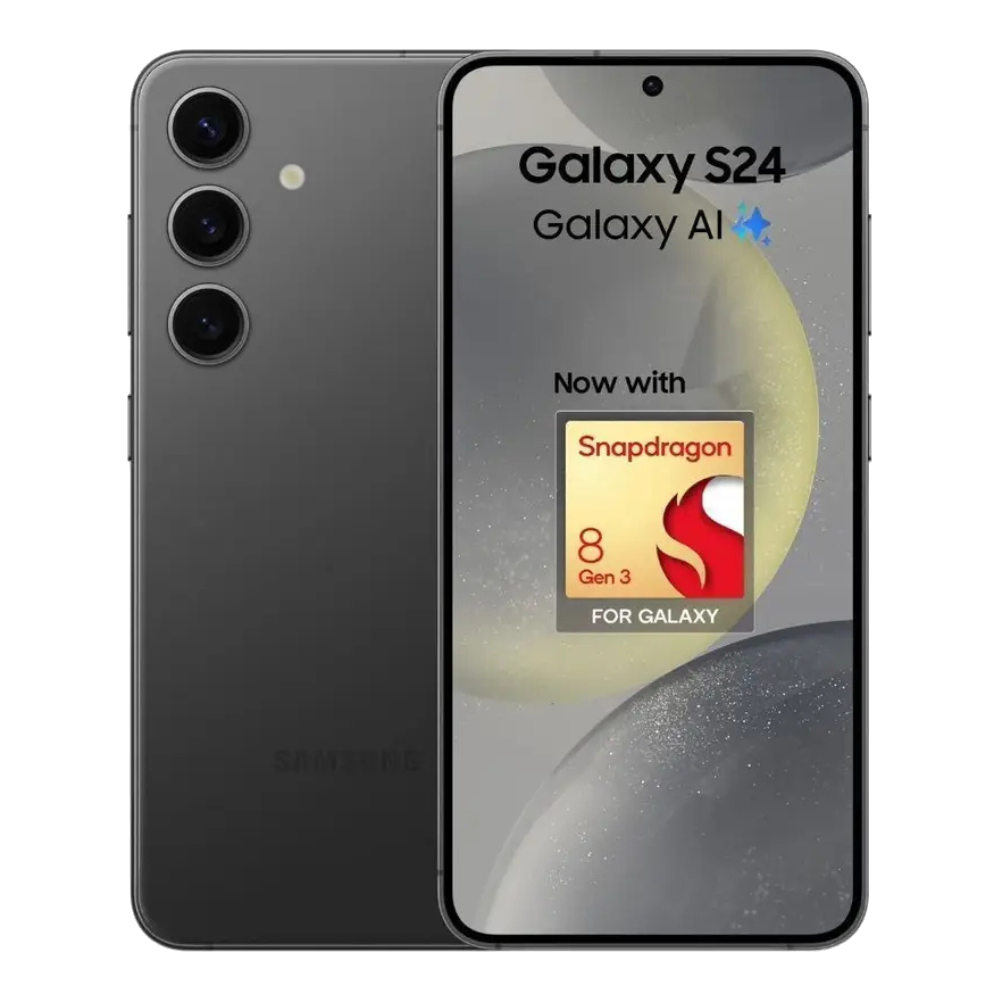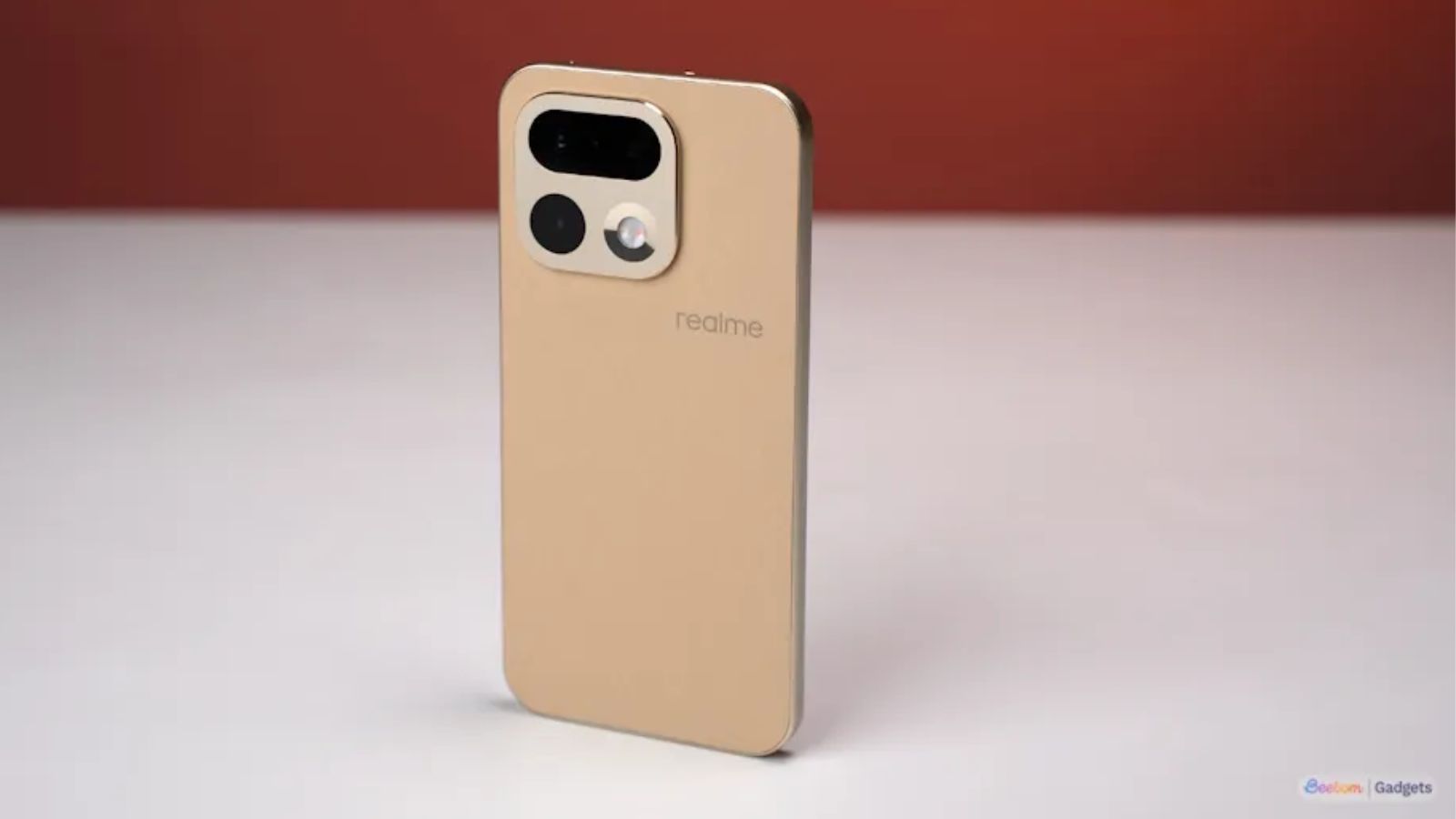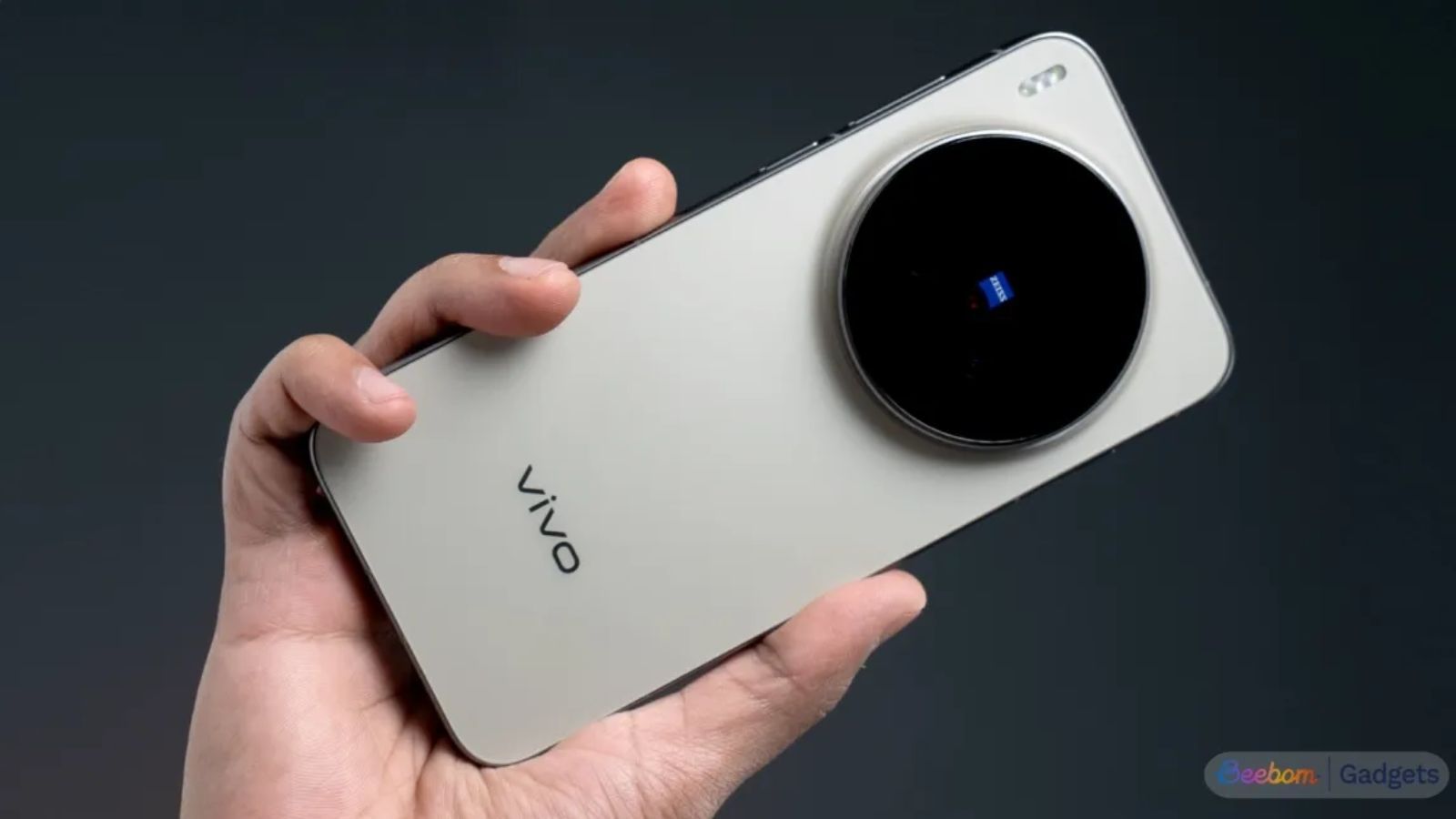Summary
- WhatsApp Web is the messaging app's web client that works on any browser.
- It can be used to send and receive messages and media directly on your desktop.
- To use WhatsApp Web, you need to link your browser to WhatsApp by scanning the QR code.
Before the introduction of Desktop applications, WhatsApp web was the only way to use WhatsApp on a computer. After the arrival of Desktop apps, WhatsApp web still kept improving, and is used by millions around the world, making cross-device communication easier. If you've never used it before, here's how to use WhatsApp Web to get the most out of it.
What is WhatsApp Web?
Like apps that have their own web versions, WhatsApp has one too, and it's called WhatsApp Web. As the name suggests, WhatsApp Web lets users send or receive messages from their computers directly from the browser after linking their WhatsApp accounts via their primary devices.
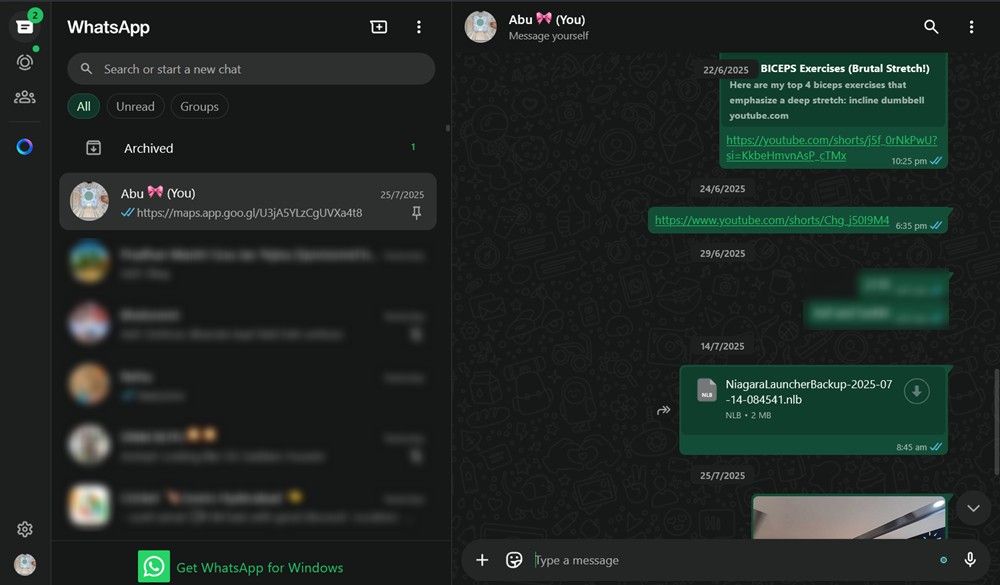
This facilitates seamless and effortless cross-platform communication. It also saves you a lot of time by helping you message someone or reply to messages directly from the browser. The platform could also be great for those running computers with fewer resources and no space to accommodate the desktop app.
How to sign in to WhatsApp Web
Logging into the WhatsApp Web app is pretty easy, considering you haven't exhausted your WhatsApp-linked devices limit, which is currently limited to five devices. Here's how to go about it:
- Head over to WhatsApp Web on your browser, and you should see a QR code.
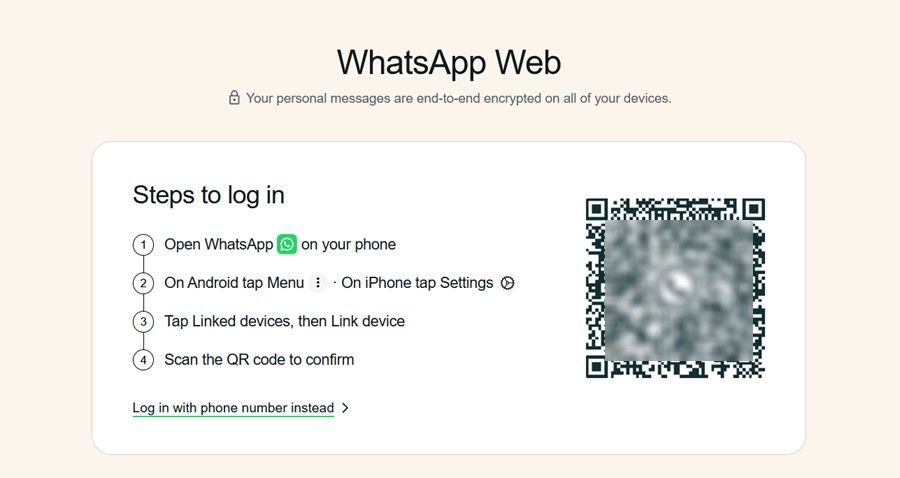
- Now, on your phone, open WhatsApp, tap on the 3-dots icon at the top right and then choose Linked devices.
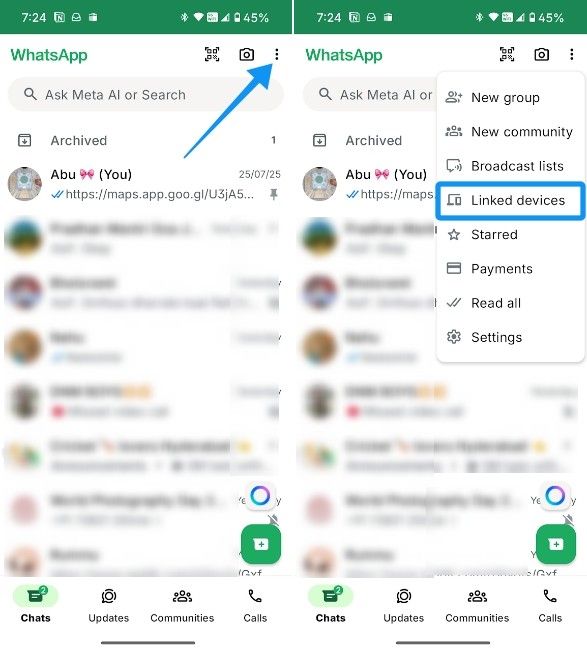
- Then hit Link a device and scan the WhatsApp Web QR code on the WhatsApp Web app on your computer.
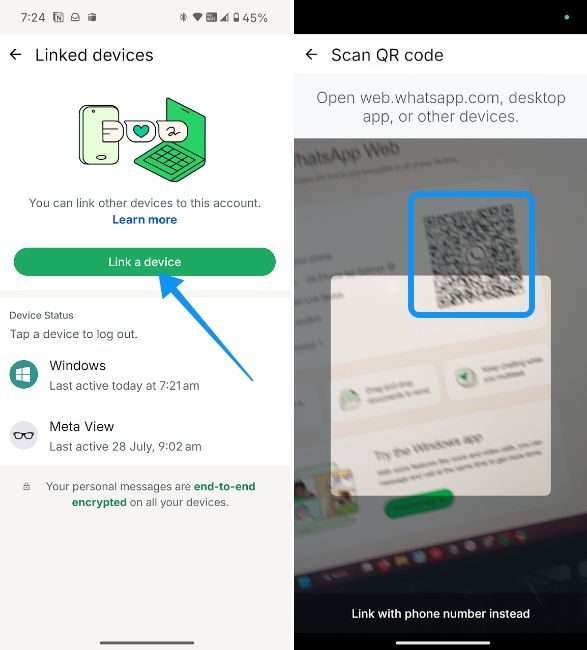
- Once linked, WhatsApp will sync all the messages, and the WhatsApp Web interface will be ready to use in no time.

- If you're having trouble linking via QR code, you can link with a phone number by clicking on the Link with phone number instead option on WhatsApp Web.
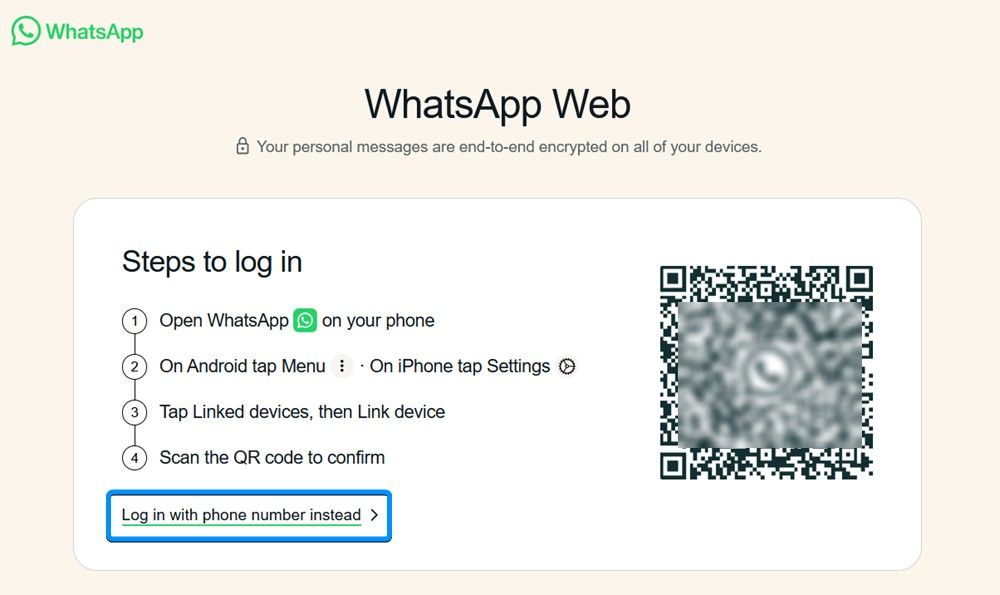
- Enter your phone number linked to WhatsApp and click on Next.
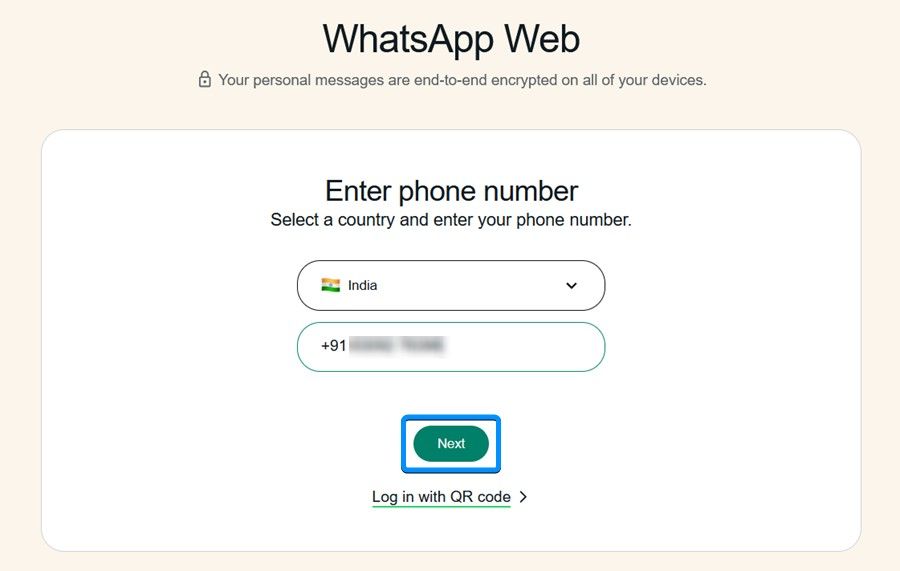
- WhatsApp Web will now show you an eight-digit code.
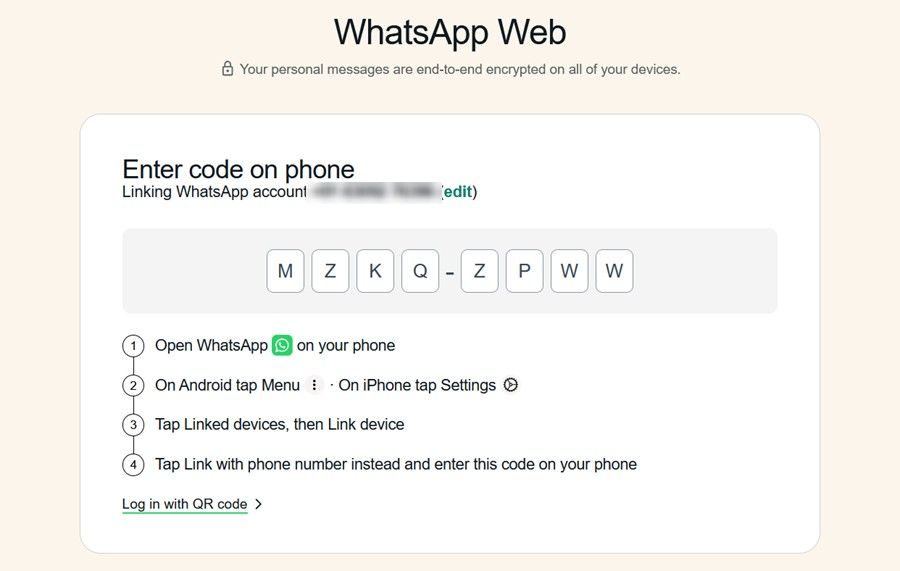
- Launch WhatsApp on your phone and go to Settings > Linked devices.
- Tap on Link a device and select Link with phone number instead.
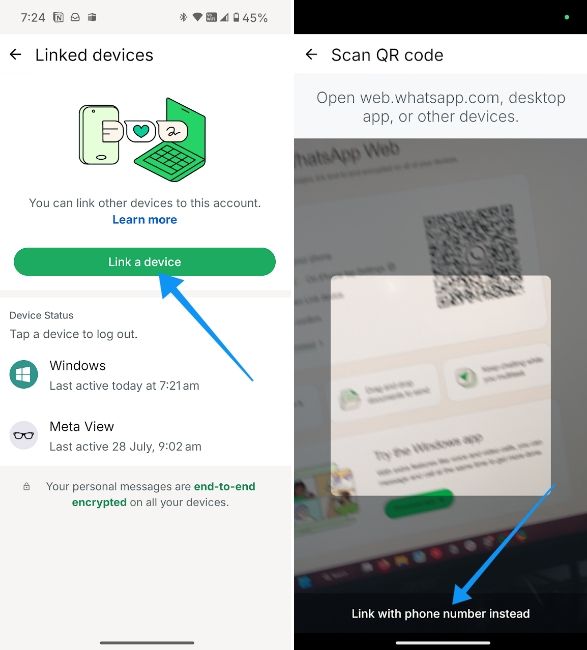
- Enter the eight-digit code (from step 7), and WhatsApp Web should log in and link the browser as one of the devices.
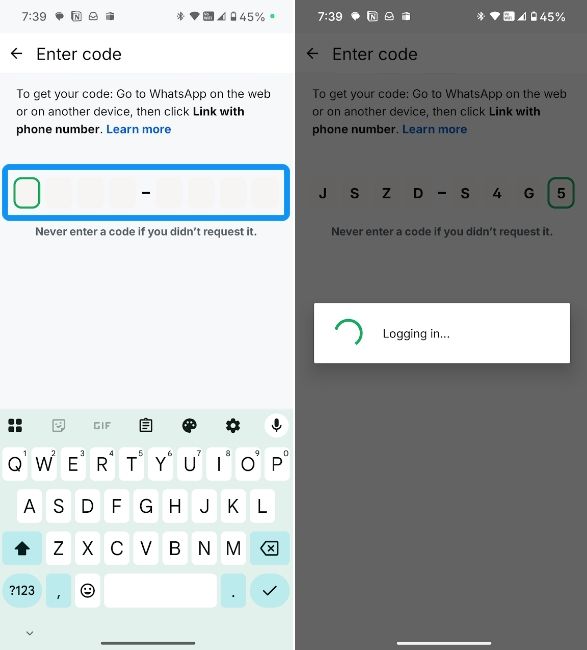
How to use WhatsApp Web
Navigating around the WhatsApp Web interface is a straightforward affair. All the UI elements are well laid out, making them easier to understand and not requiring much time to get used to.
Starting with the overall user interface, you'll find your chats on the left, with the chat page appearing on the right when you click on a chat. The left-most sidebar houses different tabs, including statuses, channels and WhatsApp communities
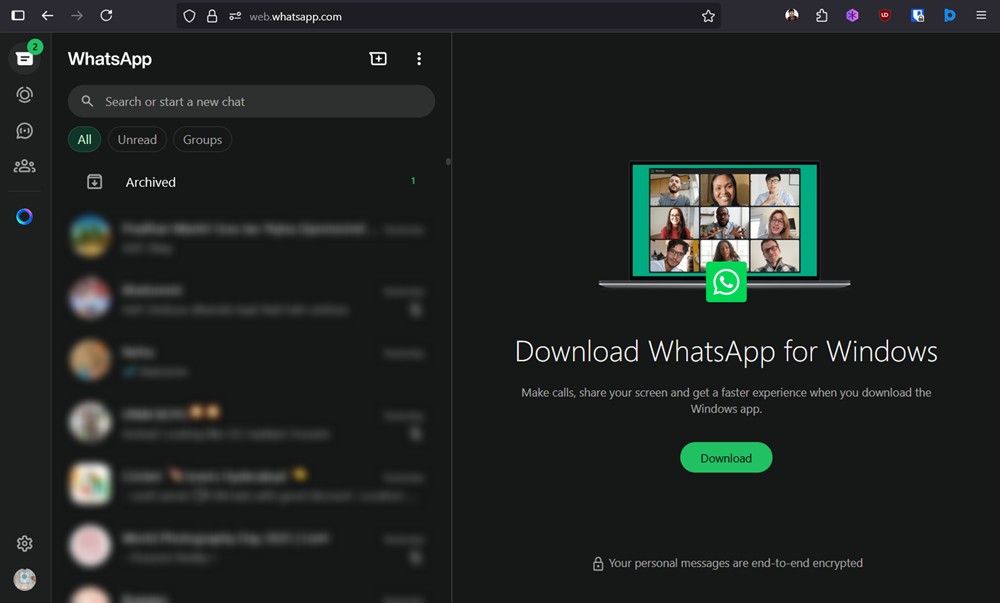
There's a cogwheel icon at the bottom left that takes you to the Settings screen, while the adjacent Profile button redirects to your user profile where you can change your profile picture, name and "About" section.
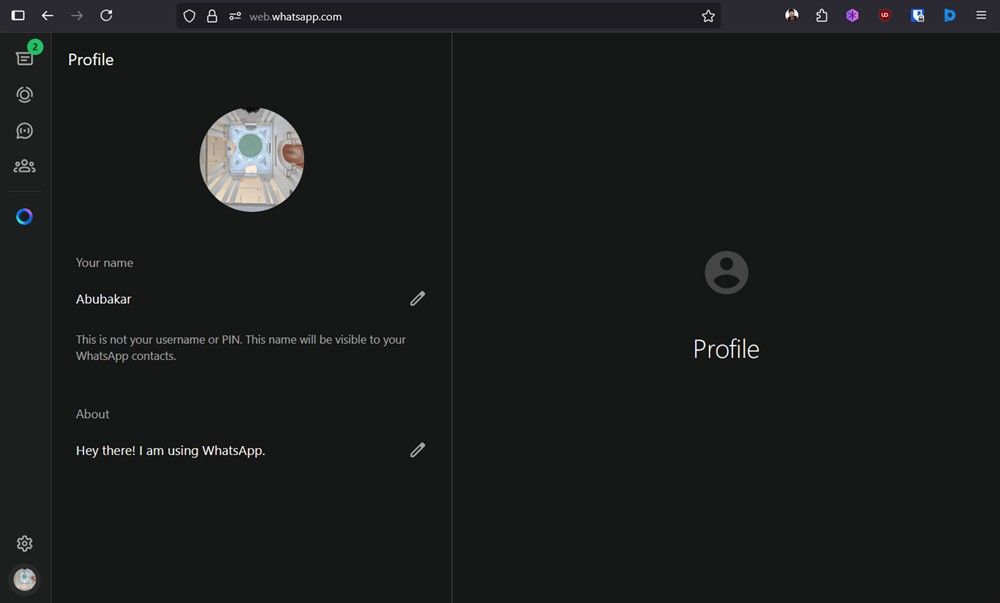
In the chats section, you will find a search bar at the top to search chats, alongside filter tabs like All, Unread and Groups for quick access. Archived WhatsApp chats will appear right below, followed by all your chats
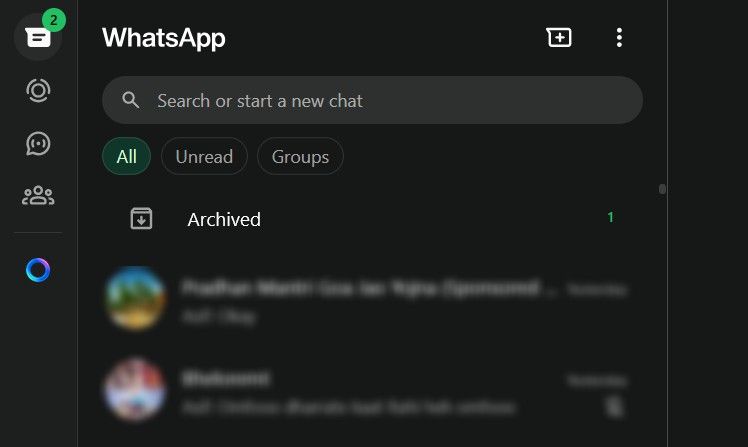
At the top, beside the WhatsApp text, you get the option to create a new chat, and a 3-dots icon which houses options like Create a new group, Starred messages and Select chats. Lastly, you also get a Log out option to sign out of the current session.
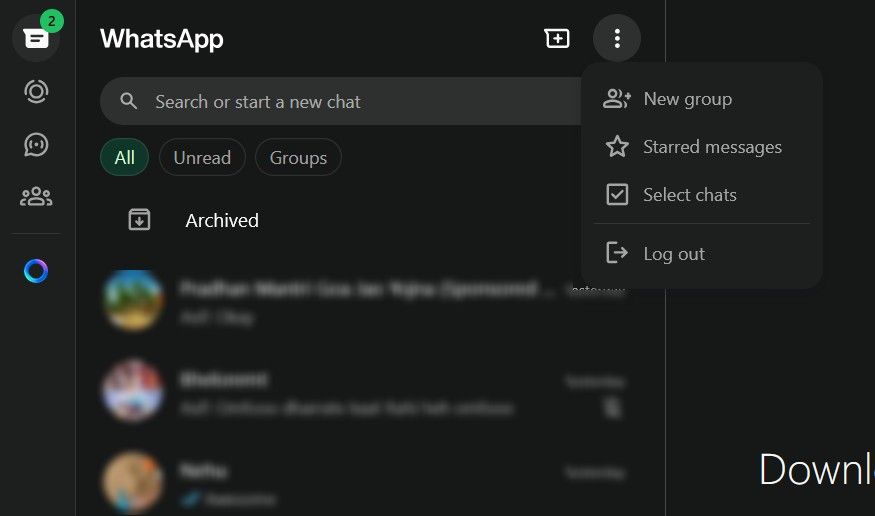
In the chats panel at the right, you can tap on the user's profile to view their details, the media you share with them, a few settings and the groups you both are a part of.
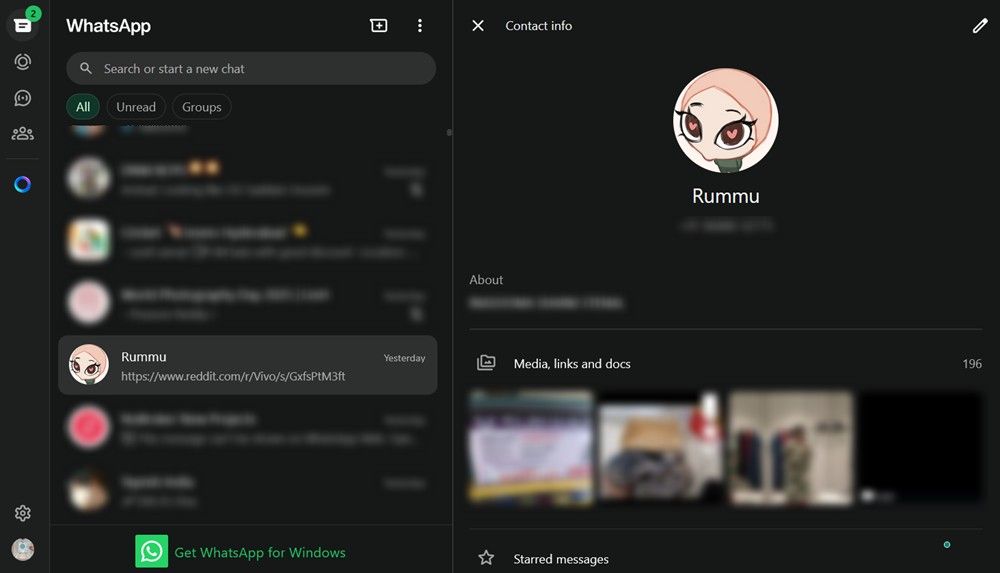
The magnifying glass option can be used to search for chats, whereas the vertical 3-dots icon hosts options like Disappearing messages, Close chat, Report, Block, Clear chat and Delete chat.
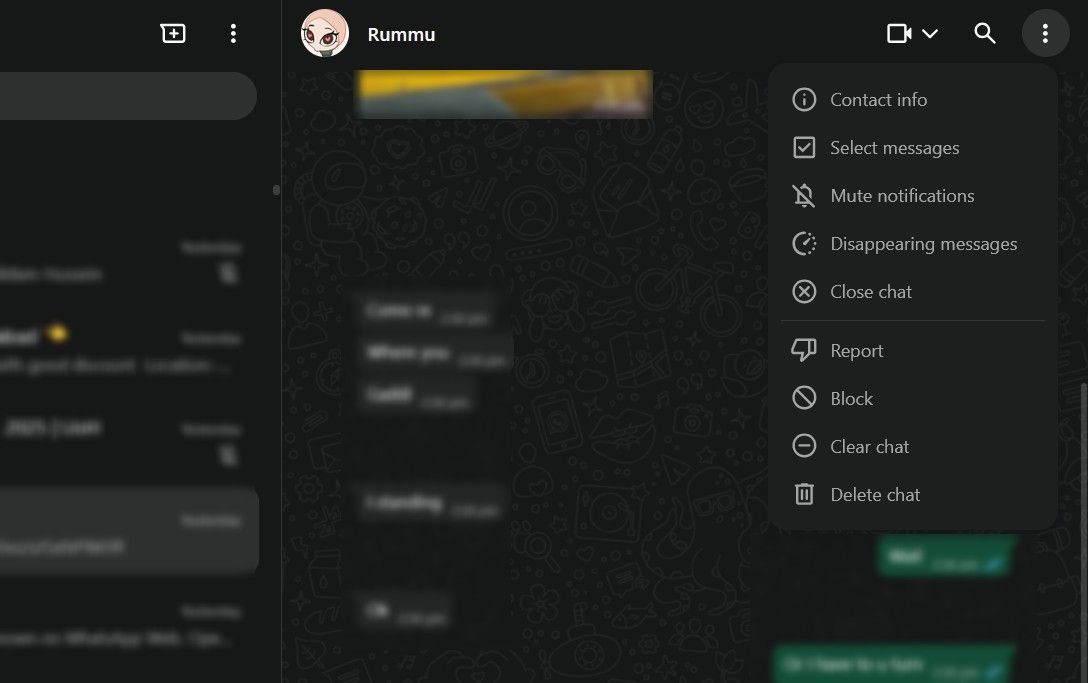
The messages are synced between your phone and WhatsApp Web, so you can go through the recent messages with ease. At the bottom, you get a text box to type the message, accompanied by a + icon to send various media, including Documents, Photos and videos, Audio, Contacts, Events, Polls and Stickers.
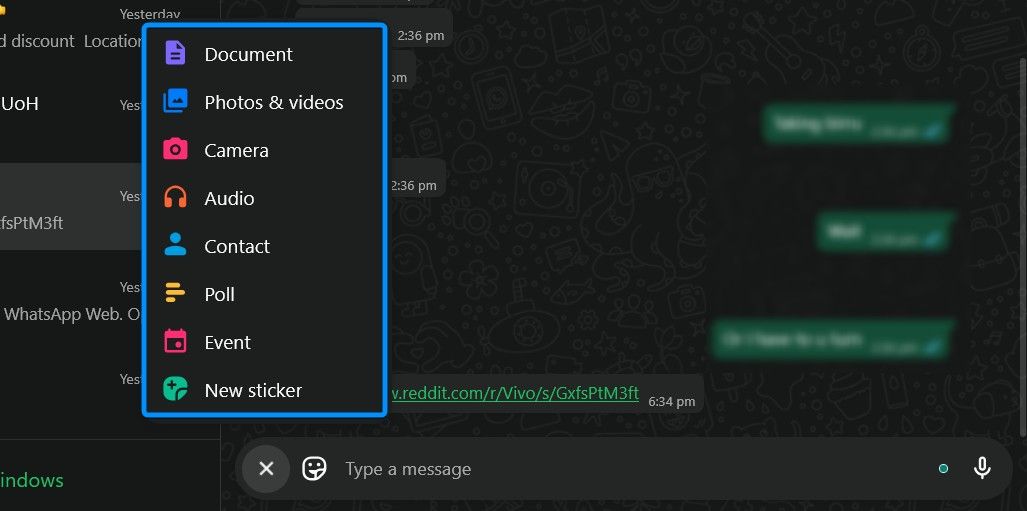
Clicking on the Sticker icon reveals emoji, GIF and sticker tabs to send them to the contact. Lastly, the microphone icon on the right can be used to record and send voice notes to the contact.
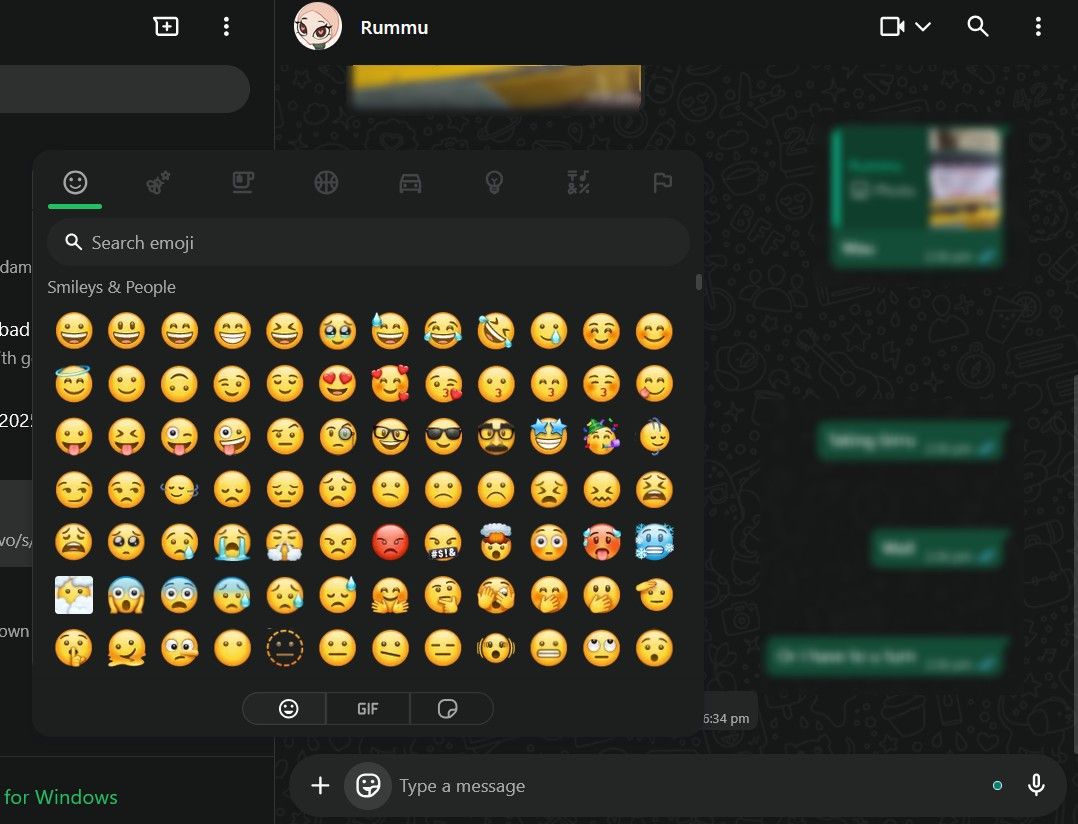
How to sign out of WhatsApp Web
Once you're done using WhatsApp on your desktop, you can log out of the session to make sure no one else can access your messages. There are two ways to log out of WhatsApp Web – one using the Log out option on the desktop you're currently using or by unlinking the browser session from your phone. Here's how to do it:
- On WhatsApp Web, click on the cogwheel icon at the bottom left to bring up more options.
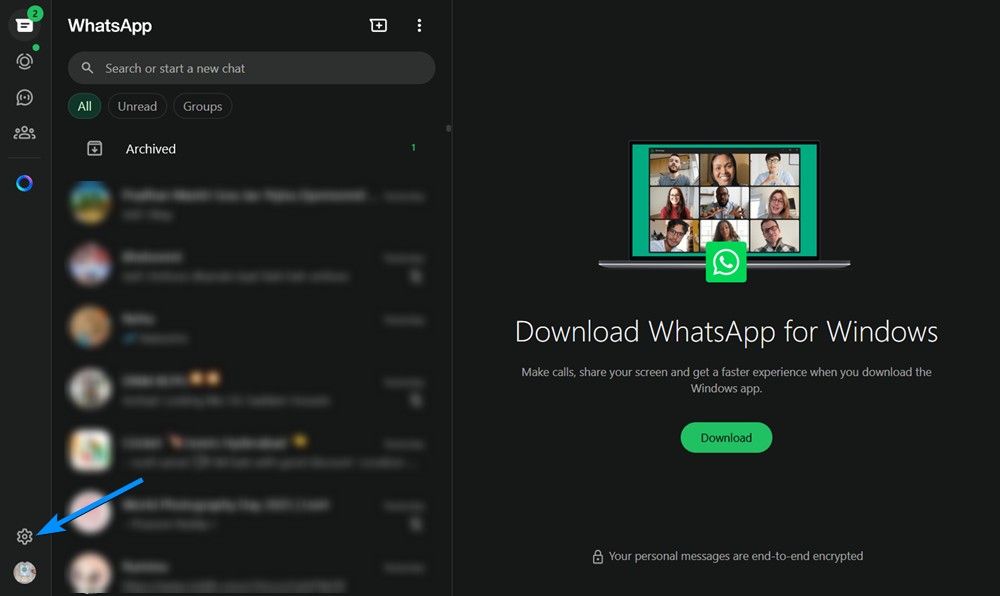
- Now select Log out and then click on Log out in the pop-up prompt.
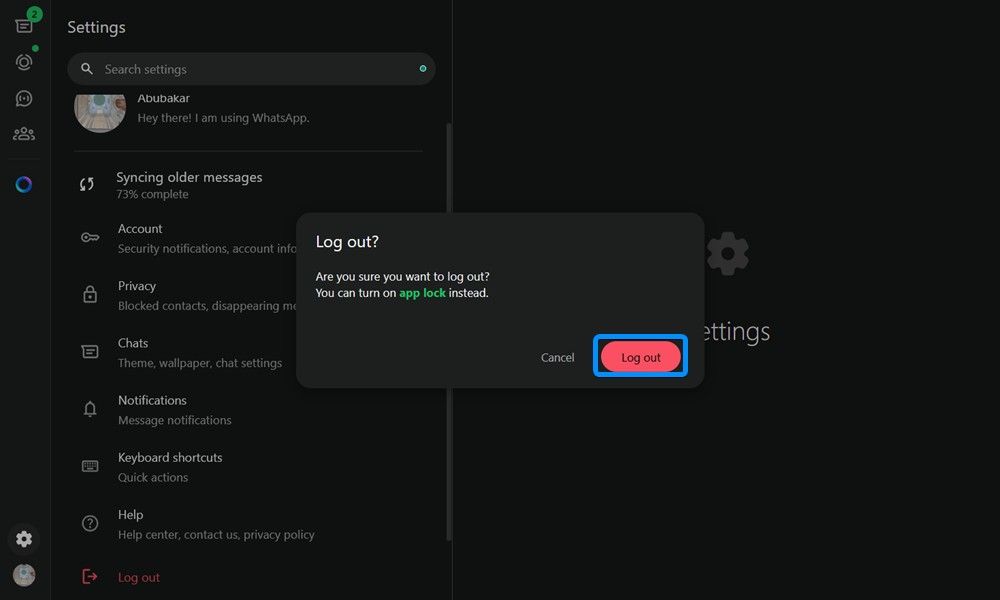
- Alternatively, you can also launch WhatsApp on your phone and head over to the Linked devices section.

- Here, select the browser where you're signed in to and then tap on Log out.
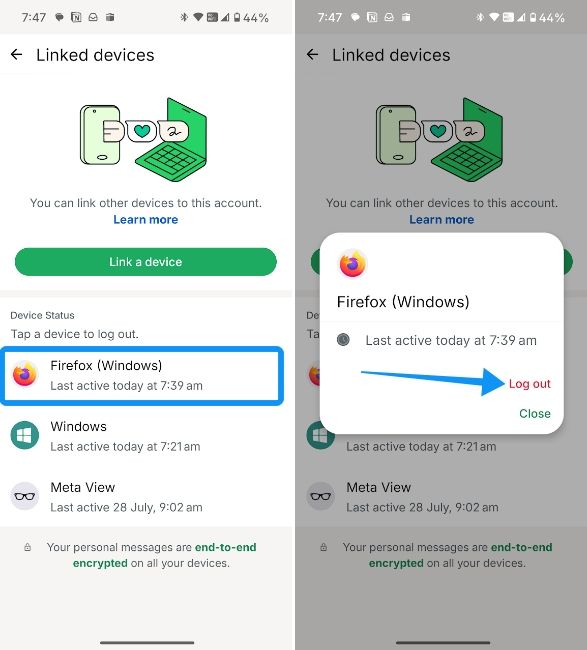
How is WhatsApp Web different from its desktop app?
WhatsApp Web has a slightly different user interface compared to the Desktop client. Otherwise, besides lacking video and voice calling features, WhatsApp Web is not all that different from the Desktop version.
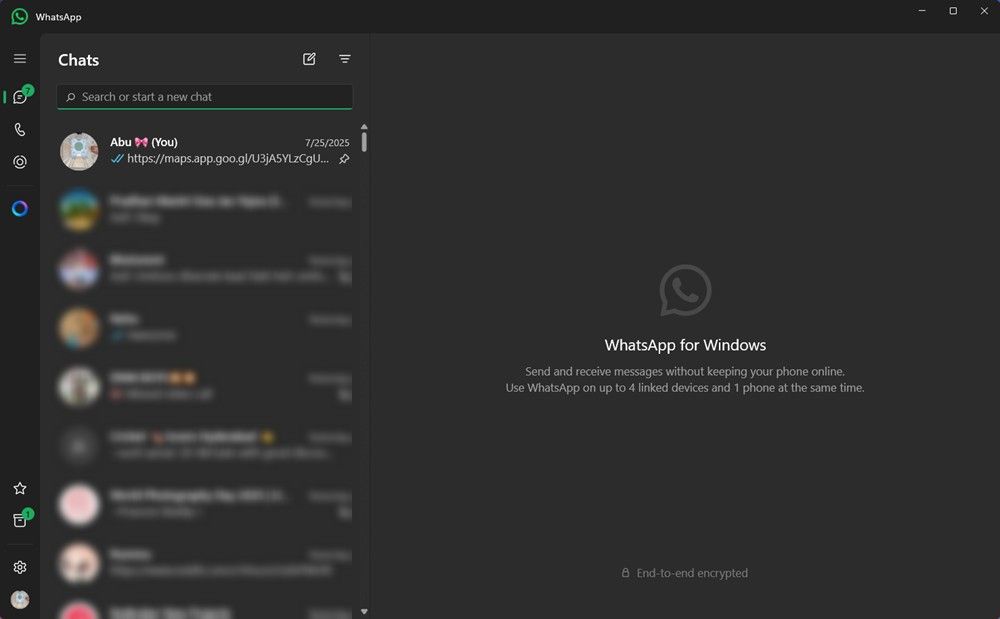
At the time of writing, voice and video calling are absent on the web client. However, they're expected to arrive soon, which should minimise the gap between the web and desktop clients. Besides, WhatsApp is expected to ditch the native Desktop version for a progressive web app client, which is currently in beta. Since it's a web app, the UI could be completely similar to WhatsApp Web, and so will be the features.
And that's everything you need to know about how to use WhatsApp Web. From logging in to WhatsApp Web to navigating around the web client, this guide might have given a fair idea of how to use the platform on a web browser. New features keep rolling out to WhatsApp and with the upcoming shift to a Web-based client, the texting experience should become more seamless across devices.


